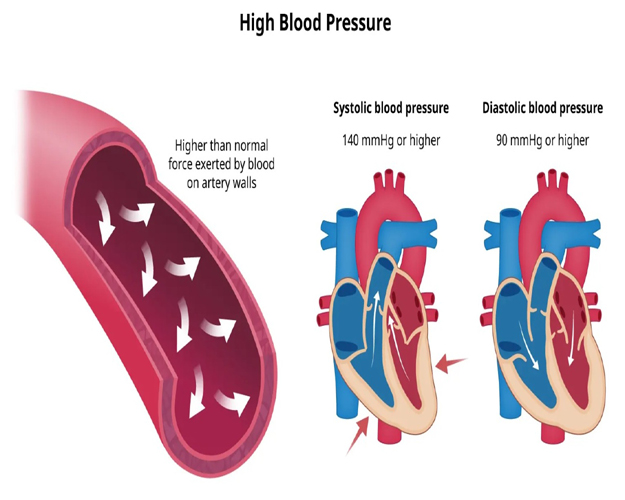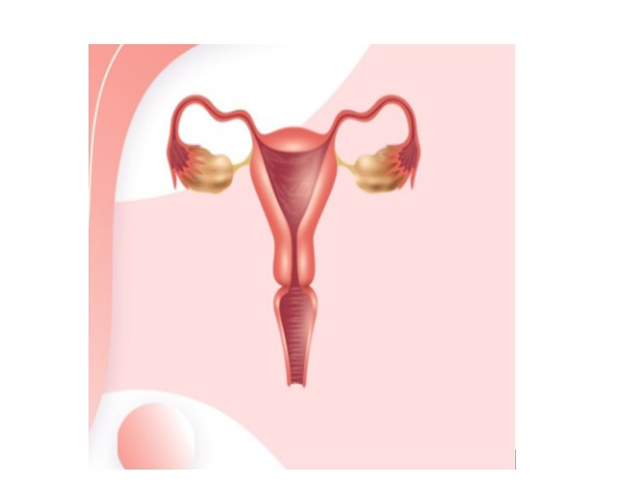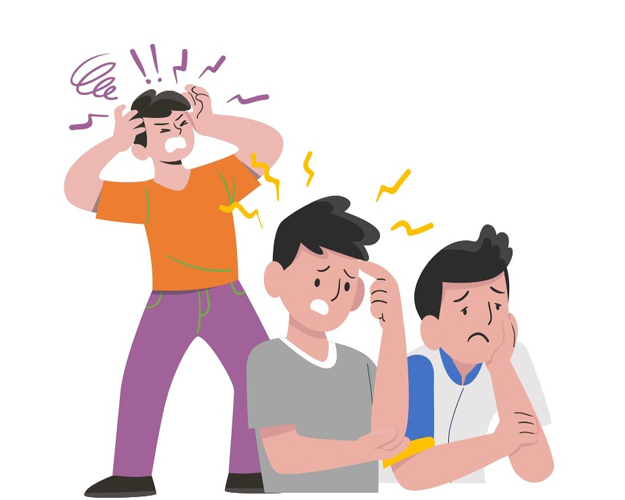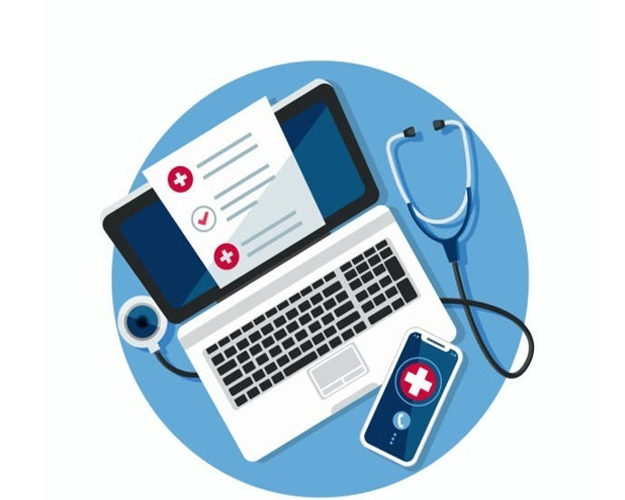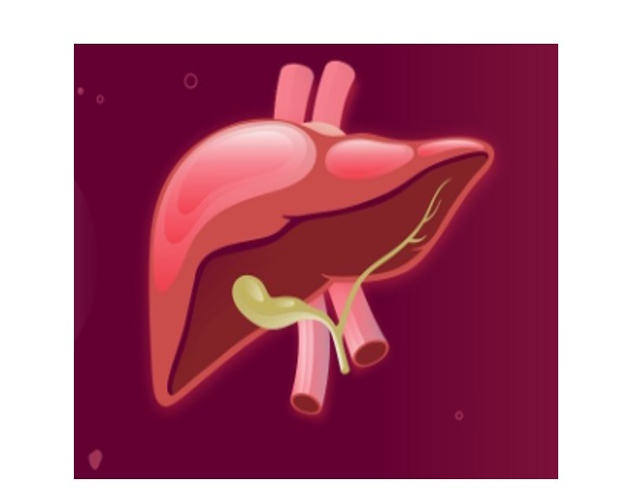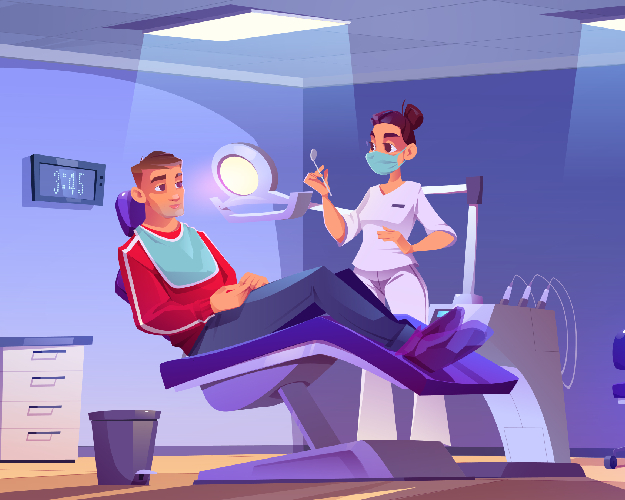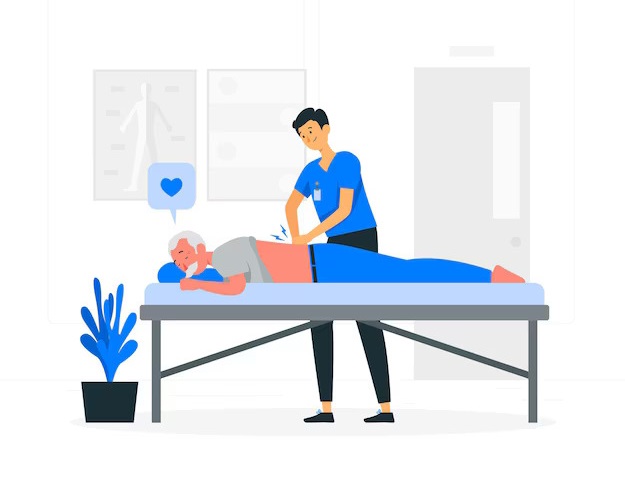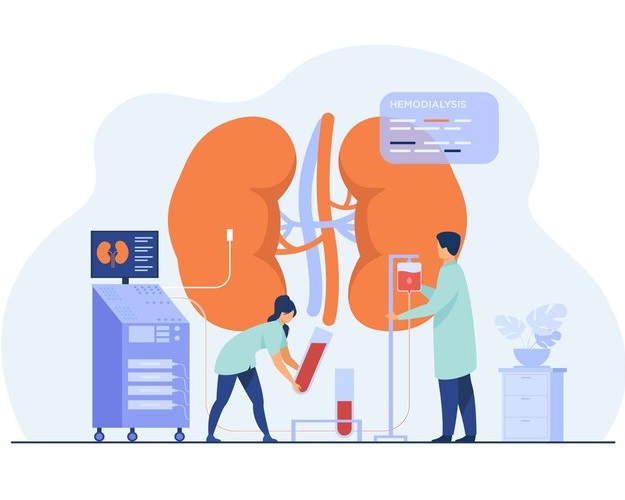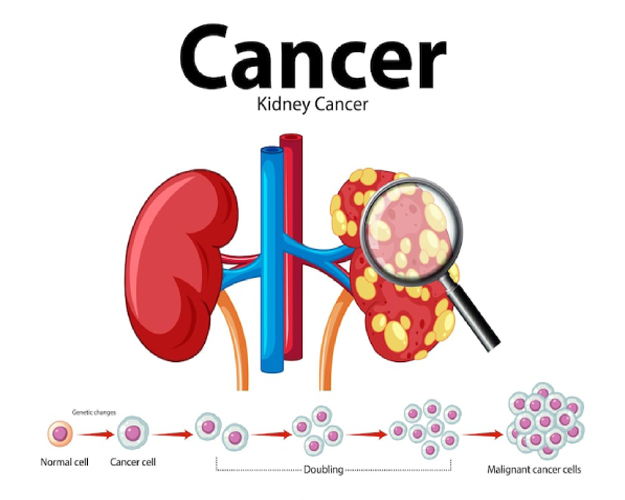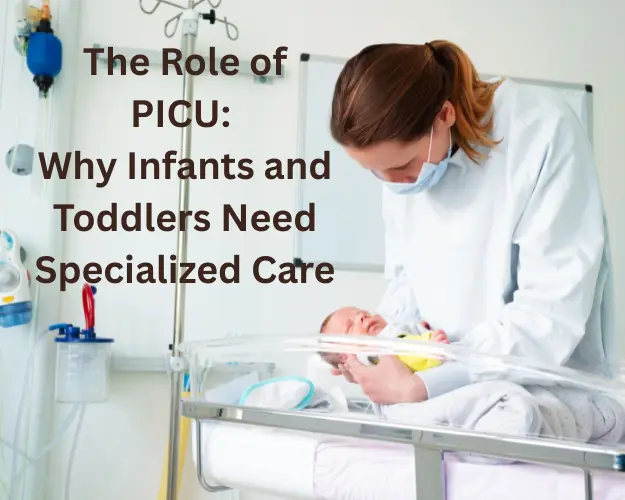
The Role of PICU: Why Infants and Toddlers Need Specialized Care
Paediatric care is one of the most critical branches of medicine, and among its many specialties, the Paediatric Intensive Care Unit (PICU) stands out as a life-saving environment for children facing severe illnesses or medical emergencies. At ITM Hospital and Research Centre, our PICU is designed to provide cutting-edge support for infants and toddlers who require specialized care during critical health conditions. Understanding what PICU is and why it is essential for paediatric patients is vital for parents who want the best possible outcomes for their children.
This article will explore the significance of PICU, how it differs from other paediatric departments, and why infants and toddlers specifically need this high level of specialized medical care.
What Is PICU?
A paediatric intensive care unit (PICU) is a special section of a hospital that is specifically meant to provide care to critically ill children, normally between newborns and adolescents. Contrary to the general paediatric wards, the PICUs have special doctors, nurses, and respiratory therapists who are trained to deal with complex and life-threatening situations. PICUs are well-equipped with the latest devices, such as advanced monitoring systems, ventilators, special imaging equipment, and others, to keep a close eye on the patients who are young and to stabilize them. This is a higher level of care than the normal treatment of paediatrics that ensures that children with dire health problems get prompt, accurate, and continuous care.
Why Infants and Toddlers Require Specialized Care
Infants and toddlers are not just “small adults.” Their physiology, immune systems, and responses to illness are far different from older children and adults. This makes them more vulnerable in medical emergencies and necessitates highly specialized care.
a. Immature immune system: Infants, particularly newborns, are more vulnerable to complications and infections, as their immune system is immature.
b. Rapid physiological changes: Toddlers develop at a rapid rate, and even minimal disproportions in the body fluids, electrolytes, or oxygen can be devastating.
c. Limited communication: Infants and toddlers cannot communicate their discomfort clearly as compared to older children, and thus, it becomes difficult to gauge their medical problems.
d. Unique treatment requirements: Dosages of medicine, nutrition support, and ventilator adjustments must all be tailored to their tiny bodies. Even slight errors can have major consequences.
Common Conditions Treated in PICU
The PICU at ITM Hospital and Research Centre handles a wide variety of conditions among young patients, including:
a. Severe respiratory infections such as pneumonia, bronchiolitis, or asthma attacks
b. Sepsis or other life-threatening infections.
c. Neurological emergencies like seizures or traumatic brain injuries.
d. Congenital conditions requiring surgery or complex monitoring.
e. Cardiac (heart) problems, including congenital heart disease and cardiac arrests.
f. Post-surgical recovery for high-risk or complicated paediatric surgeries.
g. Multiple organ dysfunctions requiring ventilator and dialysis support.
Each condition requires constant monitoring and advanced interventions, which only a fully equipped PICU can provide.
Advanced Technology in PICU
One of the key strengths of a PICU is the use of leading-edge medical technology that helps track and stabilize young patients. At ITM Hospital and Research Centre, our PICU is equipped with:
a. Advanced ventilators customized for infants and toddlers
b. Multiparameter monitors that track oxygen levels, heart rate, and blood pressure in real time
c. Paediatric dialysis machines for children with kidney challenges
d. ECMO (Extracorporeal Membrane Oxygenation) support systems in extreme respiratory or cardiac cases
e. High-frequency oscillators and special oxygen delivery systems for delicate infant lungs
Such equipment ensures that every critical second is utilized in protecting and reviving young lives.
The Role of the PICU Team
The PICU is not only about technology but also about the highly skilled medical staff who provide 24/7 care. The team includes:
a. Paediatric intensivists – Doctors specializing in intensive care for children.
b. Paediatric nurses – Skilled in monitoring subtle changes and providing comfort in high-stress environments.
c. Respiratory therapists – Experts in managing specialized breathing equipment for infants and toddlers.
d. Nutritionists – Focused on ensuring proper growth and development even during illness.
e. Psychologists and child life specialists – Offering emotional support to patients and families during challenging times.
The collaboration of this multidisciplinary team ensures comprehensive care that addresses not only the medical crisis but also the holistic well-being of the child.
Emotional and Family Support
The admission of a child to the PICU can be considered one of the most stressful moments for any parent. Family support has been established as very crucial in the process of treatment in ITM Hospital and Research Centre. Parents are taken through all the procedures with effective communication of the status of their child, treatment regimen, and possible results.
The focus is on compassionate care, whereby the families feel engaged and encouraged as their child goes through intensive medical attention. This family-centred practice contributes to eliminating anxiety and building confidence in the treatment process.
Importance of Early Intervention
Time is critical in infants and toddlers. It is possible to save a person by a quick reaction to any worsening condition, leading to recovery or serious complications. PICUs operate based on early intervention - identifying minor warning signs, eliminating escalation, and providing life-saving assistance.
This is because the parents need to know that in case their child exhibits continuous difficulty in breathing, uncontrolled fever, seizures, or lack of responsiveness, they should seek medical assistance immediately. PICU admission can be made early in order to provide the child with professional care as soon as it is required.
Why Choose ITM Hospital and Research Centre for PICU Care
At the ITM Hospital and Research Centre, we provide the highest quality of intensive care to children. We have a specialized PICU, which is a manifestation of excellence, and it has:
a. Expert paediatric intensivists on a 24/7 basis.
b. State-of-the-art technology tailored for infants and toddlers.
c. Compassionate & family-centred environment.
d. Higher level of infection control in a safer environment.
e. Dedicated support services ensuring holistic child recovery.
Parents would have a good mind knowing that their children are in the most secure hands in case of emergencies.
Frequently Asked Questions (FAQ)
1. What is the distinction between PICU and the general paediatric ward?
A PICU is a specialized unit that offers high-level, 24/7 care and management to critically ill children, and a general paediatric ward is a hospital division that deals with less complex illnesses that do not involve intensive care.
2. At what age can children be admitted to PICU?
Newborns, through to adolescents, can be admitted, although the young ones that including infants and toddlers, are more frequently in need of it because of their vulnerability.
3. What is the average length of stay of children in PICU?
The length of stay varies depending on the illness or condition. Some children may stay for a few days, while others may require weeks of monitoring.
4. Are parents allowed to stay with their child in PICU?
Yes. At ITM Hospital and Research Centre, it is promoted that parents attend their children and even spend some time with them during their treatment.
5. What makes infants and toddlers more at risk for serious illness?
Their developing immune systems, rapid physiological changes, and inability to express symptoms clearly make them more vulnerable to severe medical concerns.
6. Is PICU care painful or stressful for young children?
While the environment can be overwhelming, PICU teams use child-friendly, compassionate approaches to reduce stress and make treatments as comfortable as possible.

